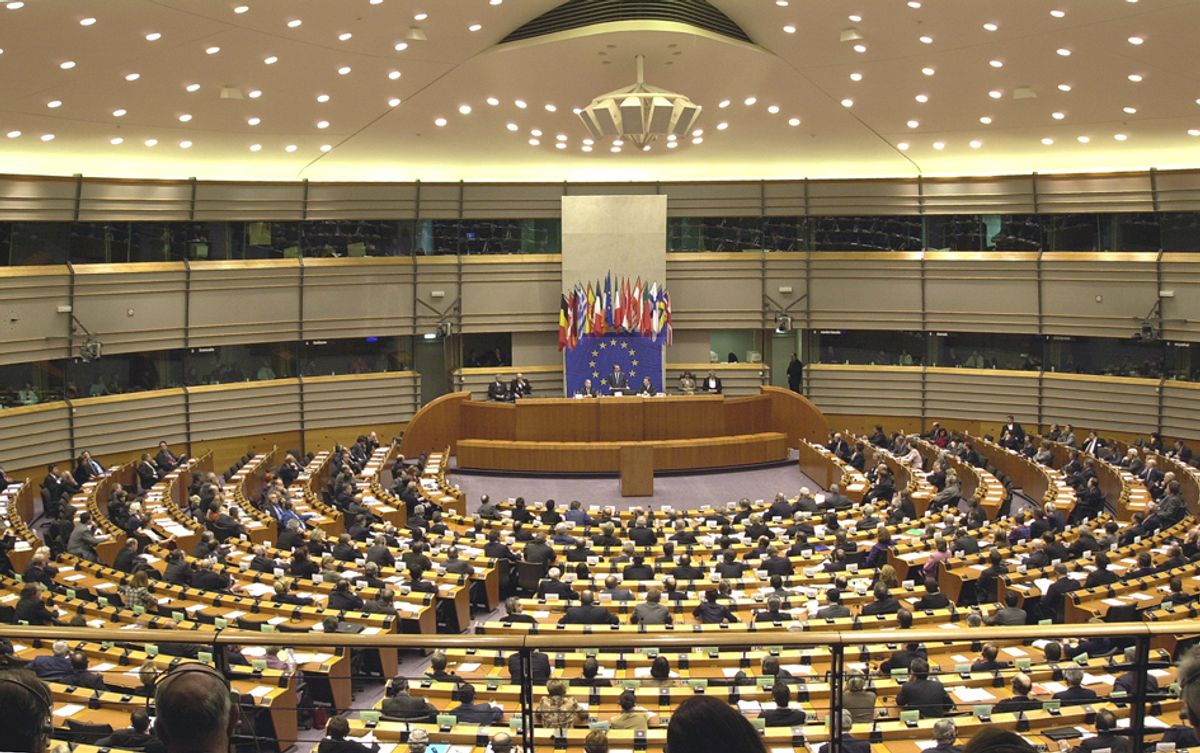I have worked for the last six years at a European-based company where much of its work has been in consulting on nanotechnology. As an American in these circumstances I have come into contact with what at times has seemed to be the bewildering sensibilities of the European bureaucrat.
I am not altogether sure what the difference is between US bureaucrats and their European brethren, but one can sense something is amiss when comparing the two.
That said, Michael Berger at Nanowerk provides us some insights into the European variety this week as he looks at what seems to be the endless cycle of pointless reports and road mapping sessions that EU seems to generate without ever seeming to notice they already have published a half dozen of these previously. This odd habit of always starting from scratch in these road mapping exercises seems to be one practiced in the UK as well.
Berger’s editorial started it, and now we have Tim Harper at TNTLog not only amusingly adding anecdotes to support Berger’s view, but also commenting on the latest call from Members of the European Parliament (MEPs) to ban nanotechnology.I have commented previously here on the sometimes bizarre positions of MEPs on nanotechnology and concluded that it may amount to nothing more than some grandstanding.
But this latest report from Chemistry World seems to indicate that the MEPs have targeted “nanosilver” and “long multiwalled carbon nanotubes” to be banned in electrical and electronic products.
For someone like myself that has spent more than 5 minutes looking at this it gets a bit frustrating to have to explain over and over again that the threat to human health of nanoparticles, such as carbon nanotubes, only exists when the particles are not part of a material matrix. So, I'm glad the Chemistry World article brings in some quotes to explain this...again.
As I have pointed out before, by following this labeling logic we will have to label every laptop with a laundry list of toxic chemicals that went into its production. I understand the need to appear as though you are listening to the concerns of ill--informed NGOs, but I always thought it was the role of our elected officials to rise above, even if it's just by a little bit, the ranks of the angry mob.
Dexter Johnson is a contributing editor at IEEE Spectrum, with a focus on nanotechnology.




